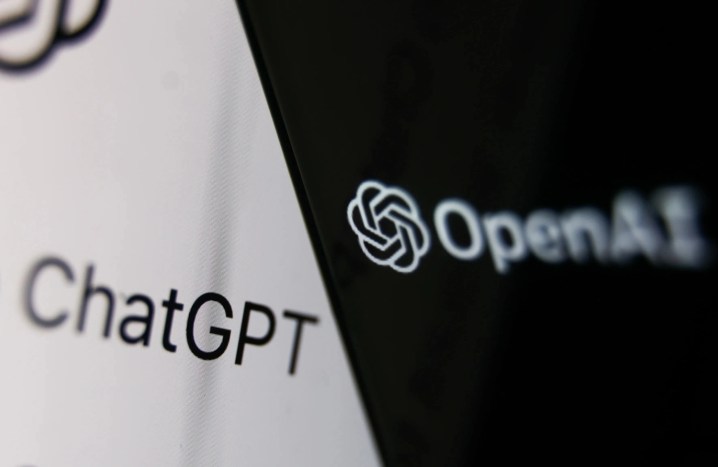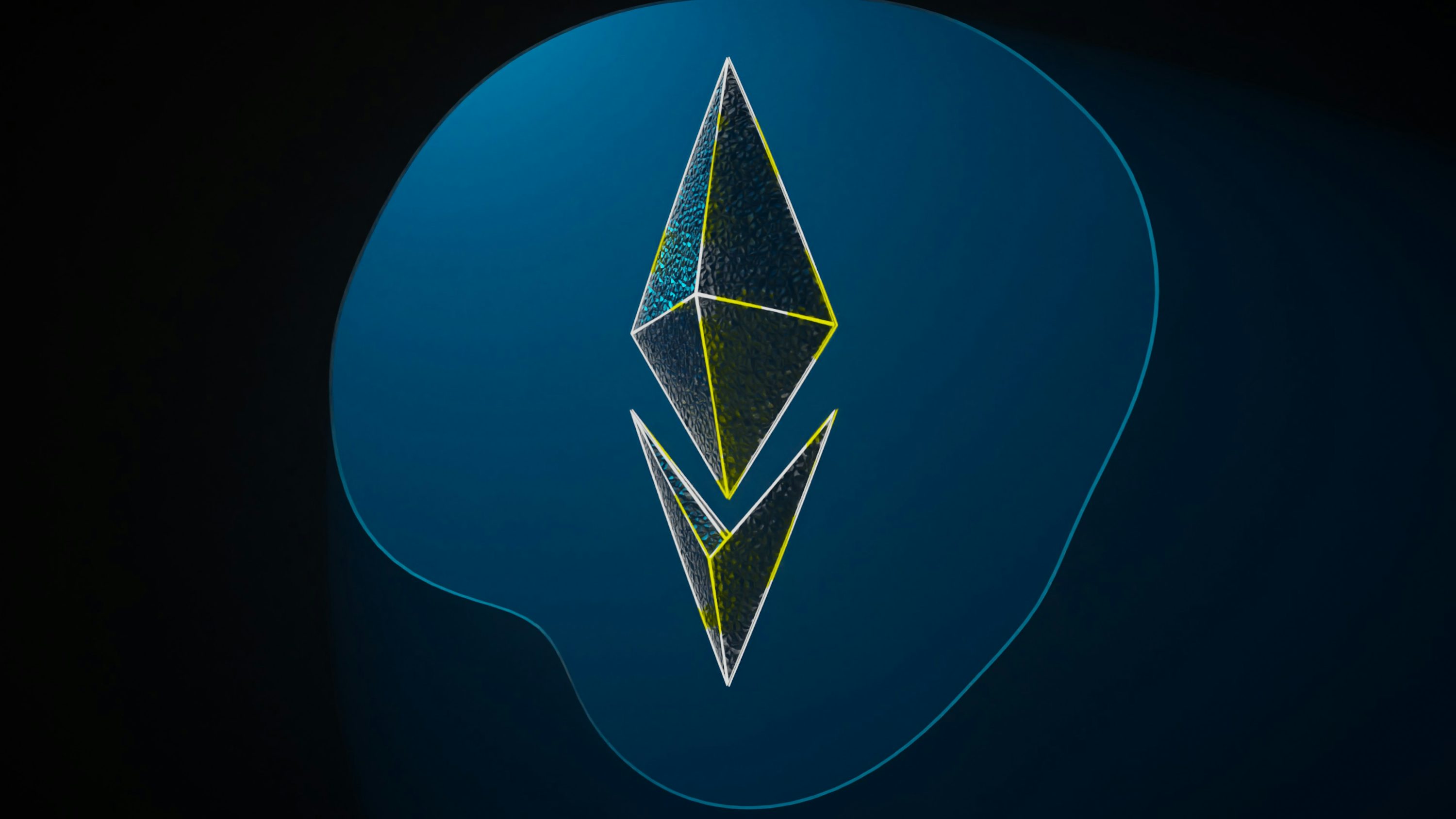ChatGPT could threaten 300 million jobs around the world
AI tools like ChatGPT could have a huge impact on job security, putting millions of jobs at risk. But there could be good news for workers over the long term.

By
Alex Blake
March 30, 2023 2:50AM 
The meteoric rise of artificial intelligence (AI) tools like ChatGPT has fueled a wide range of fears, from an increase in undetectable propaganda to the spread of racist and discriminatory speech. Experts have also raised the alarm over possible job losses, and a new report lays out precisely how disastrous AI tools could be for employment.
According to Goldman Sachs, up to 300 million full-time jobs could be lost around the world as a result of the automation that ChatGPT and other AI tools could usher in. That’s as much as 18% of the global workforce.
 Firmbee.com / Unsplash
Firmbee.com / UnsplashThe impact will be felt more keenly in advanced economies than in developing nations. That’s partly because much of the risk will be faced by white-collar workers compared to manual laborers. The professions most at risk include lawyers and administrative workers, while physically demanding work such as construction will fare better.
The situation appears worrying in the United States and Europe, where the report estimates roughly two-thirds of all work will face some form of automation, while up to a quarter of all jobs could be handled entirely by AI.
A risk or an opportunity?

It isn’t all bleak. The report notes that since many jobs will be only partly impacted by AI, this work could be complemented by automation rather than being wholly replaced by it. Over the long term, the disruption caused by AI might help create new jobs and increase productivity in ways that other new technologies, like the electric motor and the personal computer, have done in the past.
That said, the report comes as over 1,000 scientists and business leaders signed an open letter calling on all development of AI models more advanced than GPT-4 to be paused for at least six months. This would allow the world to put safeguards in place to ensure AI tools are used “for the clear benefit of all.” Otherwise, the authors contended, artificial intelligence will “pose profound risks to society and humanity.”
What seems certain is that artificial intelligence could put huge numbers of jobs at risk. The question is whether that disruption will ultimately be a boost for workers — replacing tedious and repetitive work and opening up new job opportunities — or a threat that leaves everyone worse off. As the recent open letter warned, the frontiers of AI are largely unknown, with no guide to navigating their many potential perils.

 Konoly
Konoly 































